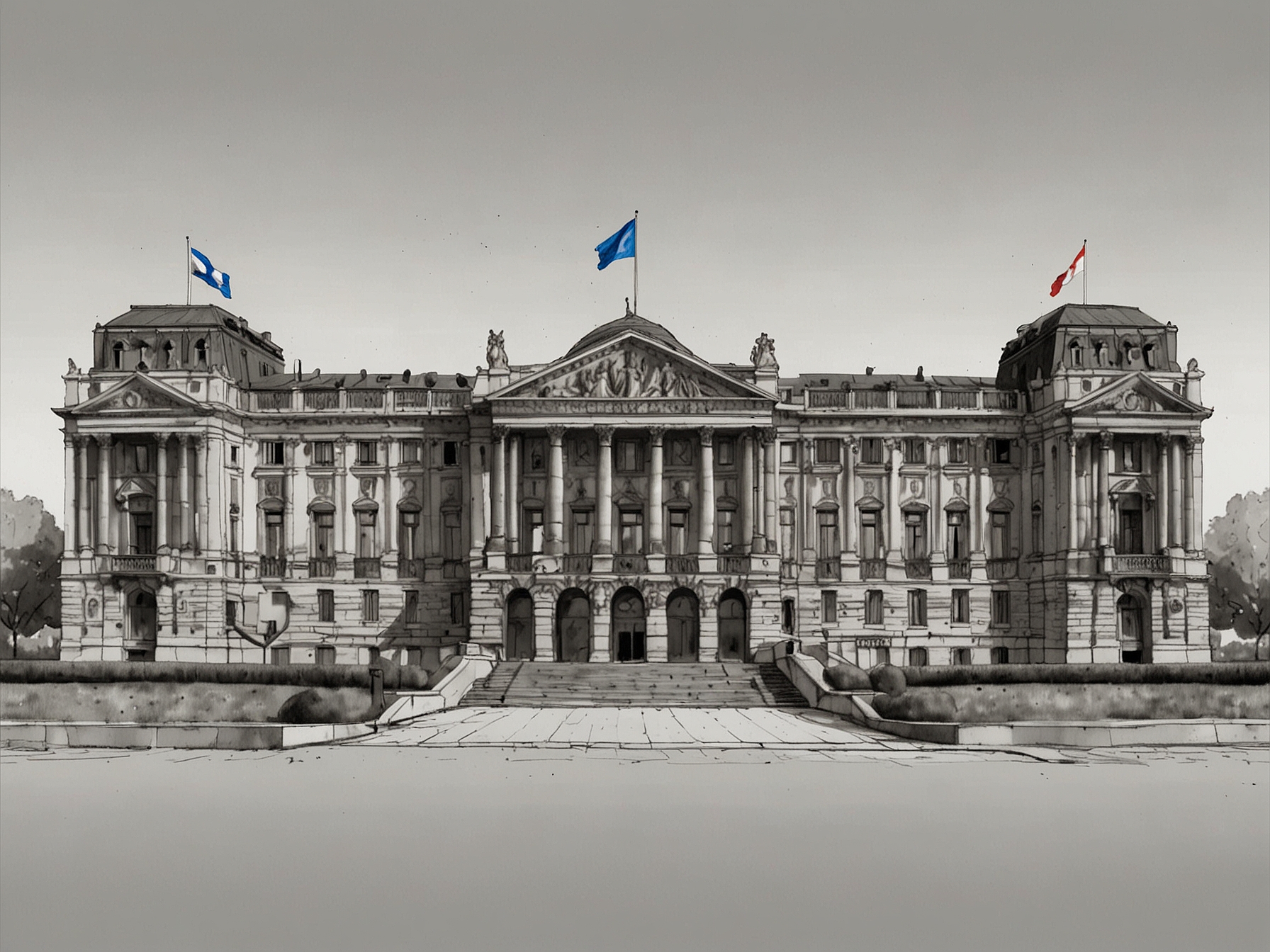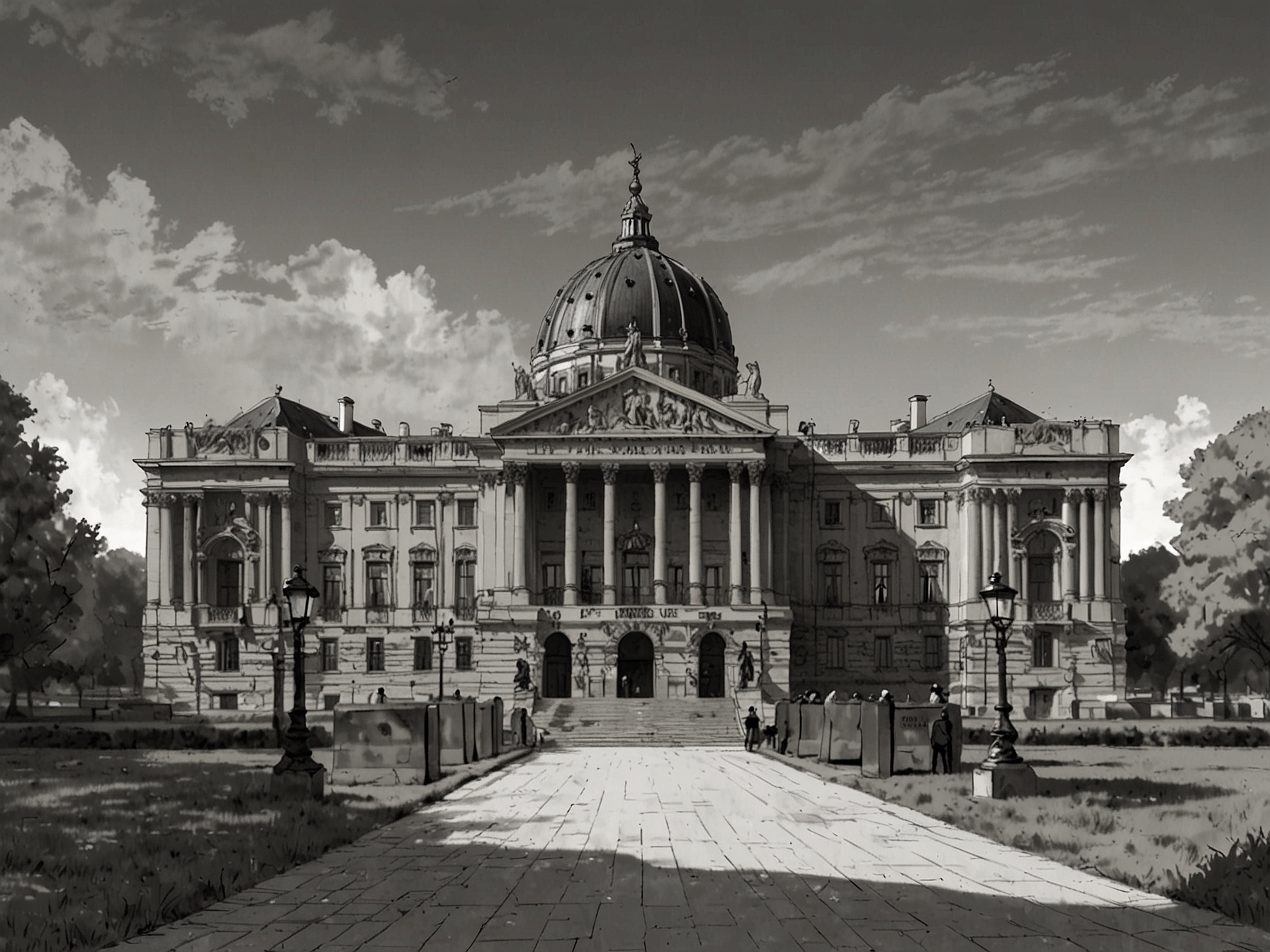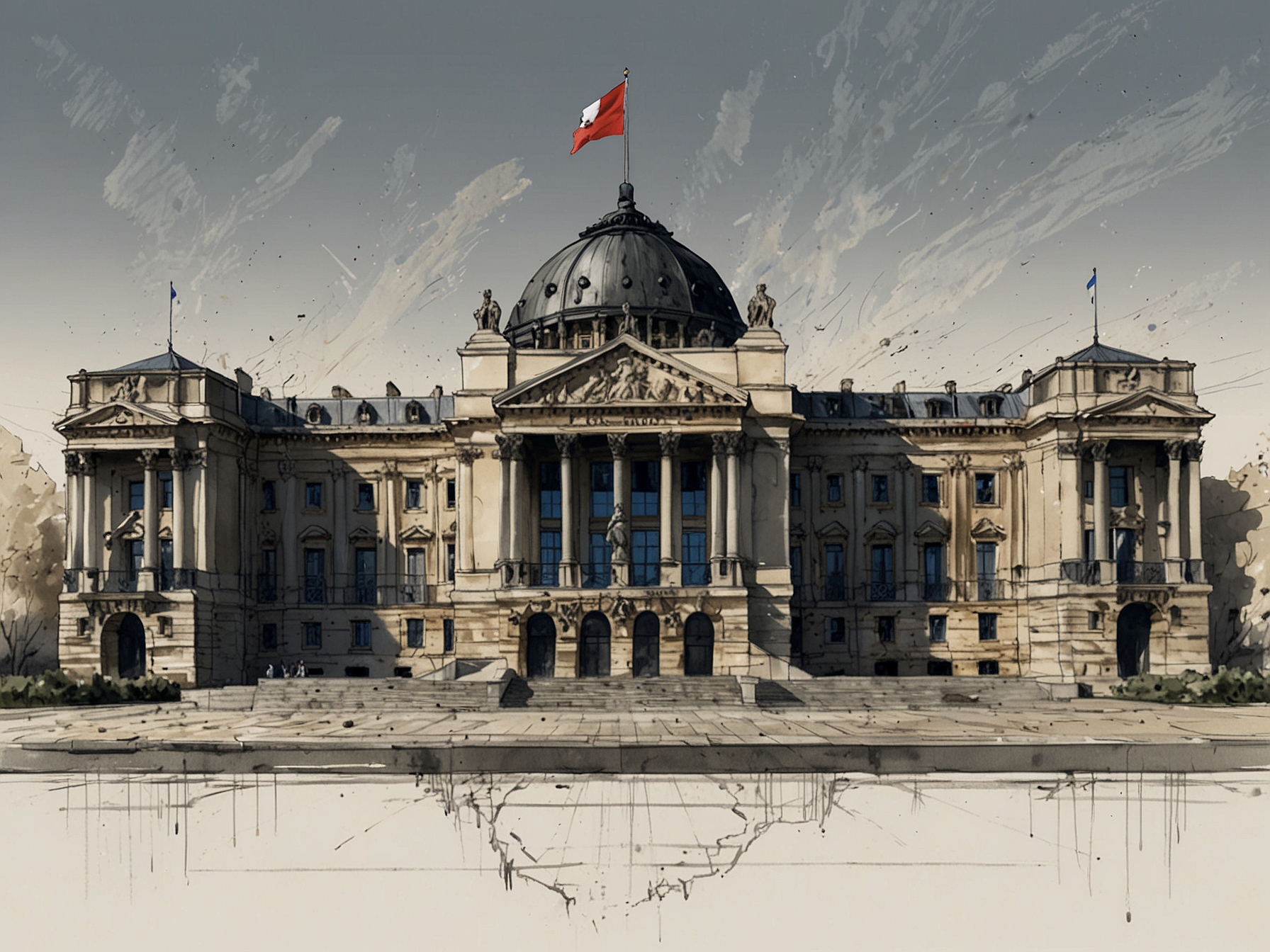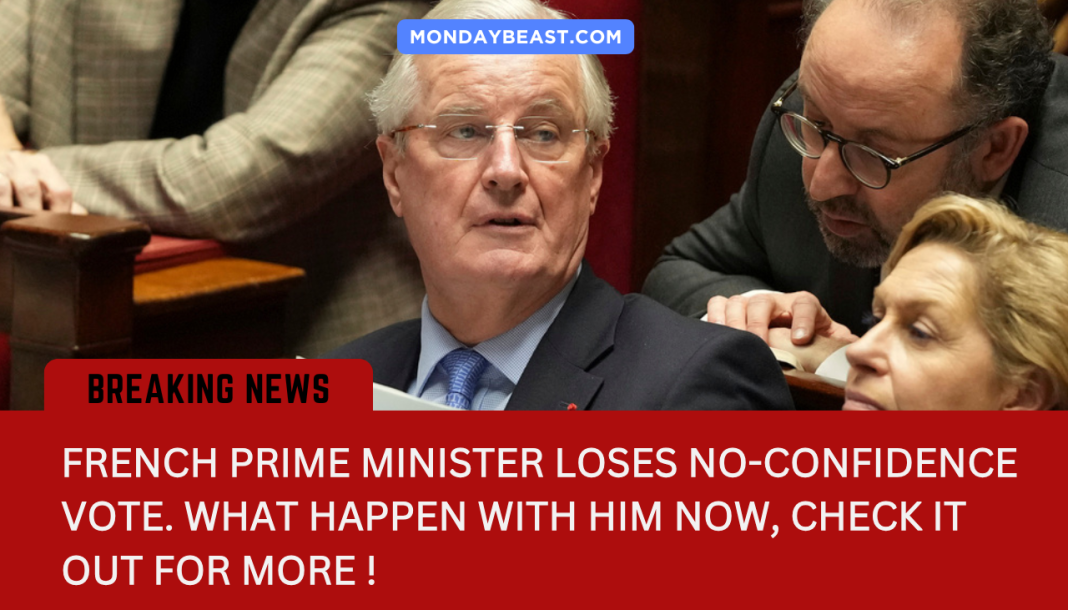A Shift in French Politics
Just three months into his role, Prime Minister Michel Barnier stepped down. His government faced an unprecedented no-confidence vote. This marks a historic moment for France. It’s the first time in over sixty years this has happened. This turmoil shakes the foundation of French politics.
What does this mean for the rest of Europe? The implications are massive. Political instability in France can resonate across the continent. Other countries might be watching closely.

Barnier’s resignation comes after a significant challenge. The far-left proposed this no-confidence motion. The far-right, led by the influential Marine Le Pen, supported it. As a result, 331 out of 577 lawmakers voted against Barnier’s government. This collaboration between opposing factions raises eyebrows. Are we witnessing a shift in alliances?
The Political Landscape
What led to this vote? Barnier’s government utilized special powers to push through budget measures. This decision sparked outrage among lawmakers. It felt like a power grab to many.
The summer elections created a hung parliament. No single party enjoyed a majority. This scenario is tricky for governance. The far-left became pivotal in this political landscape. They could decide the fate of Barnier’s administration.

Further complicating matters, Mathilde Panot from the far-left called for President Macron’s resignation. She wants early elections to mend the ongoing political stalemate. Her words reflect widespread discontent. Could Macron’s presidency also be in peril?
Immediate Future—Who is Next?
Now, attention turns to potential successors. Few candidates are available. Defence Minister Sebastien Lecornu is a loyal Macron ally. Then there’s Francois Bayrou, a centrist figure with strong connections.
Could Macron consider Bernard Cazeneuve, a former prime minister? Many wonder what direction this will take France. The stakes are incredibly high. Can any leader stabilize this disarray?

President Macron is also in a tight position. He plans to address the nation soon. His remarks will likely shape public perception. How will he guide France through these turbulent waters?
Public Reaction—Voices of the People
The public’s sentiment is a mix of frustration and worry. For many, Barnier’s quick downfall is shocking. Some see this as a failure of leadership. Others view it as a necessary change amid chaos.
Concerns about political instability are real. People wonder about future governance. How can politicians regain public trust? Many citizens desire a steady, unified leadership.
As Barnier’s resignation unfolds, France is in an uncertain state. Citizens are wondering how these events will reshape their futures. Questions linger in the air. Can anyone lead the way forward?
Reflections on Change
This moment in French politics is layered with complexity. A historic no-confidence vote reveals deep-seated challenges. It exposes a parliament divided in purpose. As we reflect on this collapse, we must think about the future. What lessons can be learned?
Perhaps it’s time for reform. The public needs to feel heard. Citizens want accountability and direction. Change is necessary in politics, but it must be constructive.
As the situation continues to evolve, the world watches closely. Will the next leader rise to the occasion? Only time will tell. The unfolding drama in France is far from over. Are we prepared for the ripple effects?
A Call to Action
This is more than just politics in France. It’s a lesson for democracies everywhere. Governments can’t take the public’s trust for granted. Politicians must connect with their constituents. As citizens, we must engage with our leaders, demanding transparency and integrity. In doing so, we can build a political system that truly serves the people.




